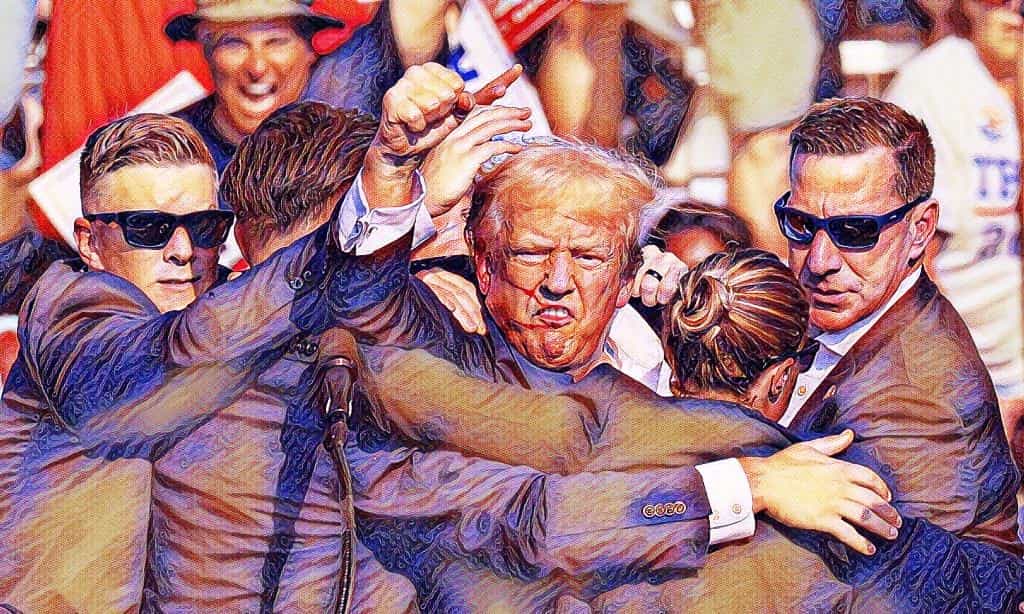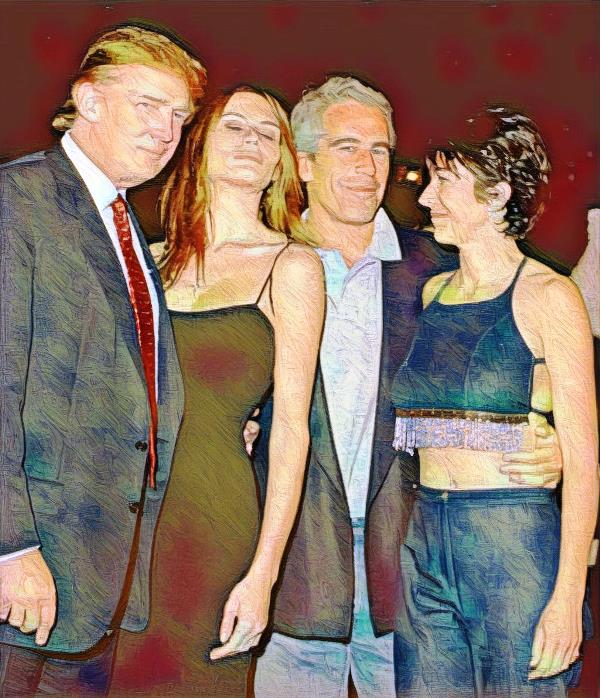 Reading Time: 3 minutes
Reading Time: 3 minutes
Global Trade’s New Playbook, Starring Tariffs and Toasters
Now add the following twist to your economics fairy tale: over the past six months, the rules of global trade haven’t so much been rewritten as jettisoned, trampled, and used as ad hoc coasters. Imagine this whole new trade game under the management of then-President Trump, with tariffs not stodgy policy levers so much as the kind of drama queens you’d find on a reality television show. The result? An international stage on which trade partners, like sulky children being forced to eat their Brussels sprouts, are going along reluctantly to avert an outright food fight.
Trade Wars & Terrible Tactics: The High Price of U.S. Tariffs
Picture this. Tariffs that used to be 5–10% have ballooned to ridiculous levels of 15–20% (and God help you if you’re bringing in steel or just so happen to rhyme with “China”—your penalty is bonus points for having the nerve to be playing the game). The U.S. has essentially become that heavyweight friend who invents house rules every time you visit. It’s Monopoly, only instead of fake money, it’s tariffs, and everybody pays the $200 begrudgingly because, after all, they still want an invitation to game night.
The markets, shockingly, reacted as though they’d just learned how to be gaslit. Twelve months ago, investors would’ve headed for the hills faster than a waiter with the bill. But today? It’s a shrug of resignation, the kind when you find out your air fryer is now $30 more expensive. Nigel Green from deVere Group nailed it on the head when he called the recent shenanigans “a reset, not a resolution.” Translation? It’s terrible, but not end-of-days stuff… yet.
High Stakes or High Jinx? Trump framed the tariffs as an industrial magic trick, claiming they’d bring back manufacturing jobs to the U.S., like some kind of economic boomerang. And the other countries? They’d be footing the bill, naturally. Insert collective eye roll of economists, who were all basically, “Sure, Jan.”
Here’s what actually happens: you’re shopping for sneakers, only to find they now cost 30% more. What’s up with that? That tariff label has been passed down to oblivious American shoppers, thrifty economists claim. And if the toaster aisle of the store just turned into your own personal torture zone, you can thank those jacked-up Asian import tariffs for that status downgrade as well.
Is History Repeating Itself… Or Just Trolling Us? Economic Strategy Institute founder Clyde Prestowitz compared Trump’s tariff policy to the pre-WWII American or contemporary Chinese economic mantra. Historically, it worked miracles for infant industrial nations. But here’s the thing: America is not some startup upstart shielding its infant industry. It’s the industrial equivalent of that huge, multi-clawed beast in the arcade game. Will this gambit save this heavyweight maker or crush its own fingers under the weight? Oh, the drama.
The Toaster Tax Nobody Asked For
The Quiet Price Creep Under Tariffs Meanwhile, manufacturing behemoths like General Motors and Volkswagen already are hosting their own pity parties after absorbing more than $1 billion in tariff-associated costs. And if that’s not enough, economists like Diane Swonk at KPMG warn us of the slow-motion slap this approach would deliver to supply chains. It’s not the instant fireworks of a Hollywood blockbuster; it’s the boiling frog, quietly simmering beneath a tariff-imposed lid. Coffee Prices Might Go Up… But Shall We Dance Nevertheless? Despite the doom-laden forecast, officials assure us that the economy won’t grind to a screeching halt. Think of it as having to swap your daily latte for a $1 more expensive alternative; annoying, to be certain, but hardly end-of-the-world material. Brad Setser of the Council on Foreign Relations also reminds us that while price rises will be “noticeable but not shocking,” companies are trying their level best to keep prices reasonable without succumbing to savage cost-cutting. But the holy grail of trimming the trade deficit remains elusive.
Experts refer to it as a fantasy that requires more fundamental changes, like savings rates or reduced government spending. It’s a matter of trying to drain a bathtub with a spoon while a waterfall cascades from the faucet above. What’s the Final Act? Whether you view Trump’s tariff crusade as brilliant brinkmanship or a risky game of roulette, we can all concur it’s an earthquake for global business. Companies are now navigating uncharted waters with a pinch of fear and two pinches of denial. Consumers will feel the ripple effect in the price of their sneakers and toasters while market pundits lapse into a subdued panic of, “Could’ve been worse”. Will this master plan summon a manufacturing renaissance, or will it spectacularly backfire with higher prices for… well… everyone? One thing is certain. Watching the price of your next toaster has never been this exciting. Stay tuned, people, because this economic soap opera isn’t going off the air just yet.



